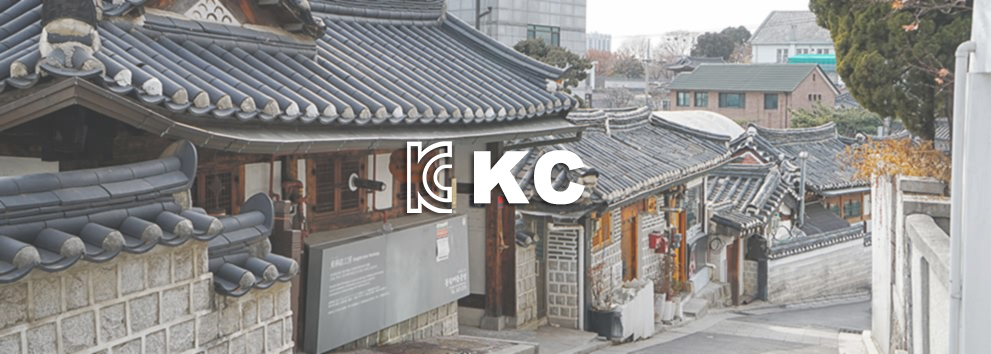Korea KC Certification
Korea KC Certification,
Korea KC Certification,
▍What is KC?
Since 25th Aug., 2008,Korea Ministry of Knowledge Economy (MKE) announced that the National Standard Committee will conduct a new national unified certification mark — named KC mark replacing Korean Certification during the time between Jul. 2009 and Dec. 2010. Electrical Appliances safety certification scheme (KC Certification) is a mandatory and self-regulatory safety confirmation scheme according to Electrical Appliances Safety Control Act, a scheme which certified safety of manufacture and sale.
The difference between mandatory certification and self-regulatory (voluntary) safety confirmation:
For the safe management of electrical appliances, KC certification is divided into mandatory and self-regulatory (voluntary) safety certifications as the classification of danger of product.The subjects of Mandatory certification is applied to electrical appliances which its structures and methods of application may cause serious dangerous results or obstacle such as fire, electric shock. While the subjects of self-regulatory (voluntary) safety certification is applied to electrical appliances which its structures and methods of application can hardly causes serious dangerous results or obstacle such as fire, electric shock. And the danger and obstacle can be prevented by testing the electrical appliances.
▍Who can apply for KC certification:
All legal persons or individuals both at home and abroad who are engaged in manufacturing, assembly, processing of electrical appliance.
▍Scheme and method of safety certification:
Apply for KC certification with product’s model that can be divided into basic model and series model.
In order to clarify model type and design of electrical appliances, an unique product name will be given according to its different function.
▍ KC certification for Lithium battery
- KC certification standard for lithium battery:KC62133:2019
- Product scope of KC certification for lithium battery
A. Secondary lithium batteries for use in portable application or removable devices
B. Cell is not subject to KC certificate whether for sale or assembled in batteries.
C. For batteries used in energy storage device or UPS (uninterruptible power supply), and their power which is greater than 500Wh are beyond the scope.
D. Battery whose volume energy density is lower than 400Wh/L comes into certification scope since 1st, Apr. 2016.
▍Why MCM?
● MCM keeps a close cooperation with Korean labs, such as KTR (Korea Testing & Research Institute) and is able to offer the best solutions with high cost performance and Value-added service to clients from the point of lead time, testing process, certification cost.
● KC certification for rechargeable lithium battery can be gained by submitting a CB certificate and convert it into KC certificate. As a CBTL under TÜV Rheinland, MCM can offer reports and certificates which can be applied for conversion of KC certificate directly. And the lead time can be shortened if applying CB and KC at the same time. What’s more, the related price will be more favorable.
In order to protect public health and safety, the Korean government began implementing a new KC program for all electronic and electrical products in 2009. Manufacturers and importers of electronic and electrical products must obtain the Korean Certification Mark (KC Mark) from authorized testing centers before selling to the Korean market. Under this certification program, electronic and electrical products are divided into three categories: Type 1, Type 2 and Type 3. Lithium batteries are Type 2.
Standard: KC 62133-2: 2020 with reference to IEC 62133-2: 2017
Scope of application
1、 Lithium secondary batteries used in portable devices (mobile devices);
2、 Lithium batteries used in personal transportation tools with speed of 25km/h below;
3、 Lithium cells (Type 1) and batteries (Type 2) for mobile phone/tablet PC/laptop with maximum charging voltage exceeding 4.4V and energy density above 700Wh/L.
Scope of application:
1. Fixed energy storage system/mobile energy storage system
2. Large capacity mobile power supply (such as camping power supply)
3. Mobile power for car charging
Capacity within 500Wh ~ 300kWh.
Not applicable: batteries used for automobile (traction battery), aircraft, railway, ship and other batteries are not within the scope.









